H.R. 4525: Right to FDA-Approved Medicines Act
This bill, known as the Right to FDA-Approved Medicines Act, aims to establish and protect the rights of individuals to access medications that have been approved by the Food and Drug Administration (FDA). The primary objectives of the bill are as follows:
Definitions
- FDA-Approved Medicine: Refers to any drug approved under specific sections of the Federal Food, Drug, and Cosmetic Act or licensed under the Public Health Service Act.
- Health Care Provider: Includes any licensed individual or entity authorized to prescribe FDA-approved medications, such as doctors, nurses, and pharmacists.
- Government: Encompasses all branches, departments, and agencies of the federal and state governments.
Purposes
The main purposes of the Act include:
- Establishing a clear right for individuals to obtain FDA-approved medications.
- Allowing health care providers to facilitate the prescription and distribution of such medications.
Permitted Services
Individuals will have the legal right to obtain FDA-approved medicines without any coercion, while health care providers have the right to provide such medicines and related information. The bill provides protections against any laws or regulations that would:
- Single out FDA-approved medicines or the providers of these medications.
- Impair access to FDA-approved medicines or information related to them.
Limitations and Exceptions
Any limitations or requirements that may affect access to FDA-approved medicines must be justified by clear and convincing evidence, demonstrating that they significantly advance access and that no less restrictive alternatives exist. Moreover, the bill clarifies that it does not limit the authority of the Secretary of Health and Human Services to approve or regulate such medications.
Applicability and Preemption
This Act supersedes any federal or state laws that restrict access to FDA-approved medicines. No future federal legislation can undermine this law unless explicitly stated. However, it does not apply to provisions related to health insurance plans or coverage under federal health programs.
Rules of Construction
Courts are instructed to interpret this Act broadly to achieve its purposes, ensuring that no health care provider's ability to provide FDA-approved medicines is interfered with.
Enforcement and Legal Rights
The Attorney General is given authority to initiate civil actions against any state or official violating the Act. Individuals and healthcare providers can also file lawsuits for violations, with the possibility of receiving court costs and attorney fees if they prevail. State immunity cannot be claimed against such actions, allowing individuals to challenge any restrictions imposed by states or officials.
Severability
If any part of the Act is deemed unconstitutional, the remaining provisions will continue to be in effect.
Relevant Companies
- None found
This is an AI-generated summary of the bill text. There may be mistakes.
Sponsors
13 bill sponsors
-
TrackDeborah K. Ross

Sponsor
-
TrackKathy Castor

Co-Sponsor
-
TrackYvette D. Clarke

Co-Sponsor
-
TrackSteve Cohen

Co-Sponsor
-
TrackSuzan K. DelBene
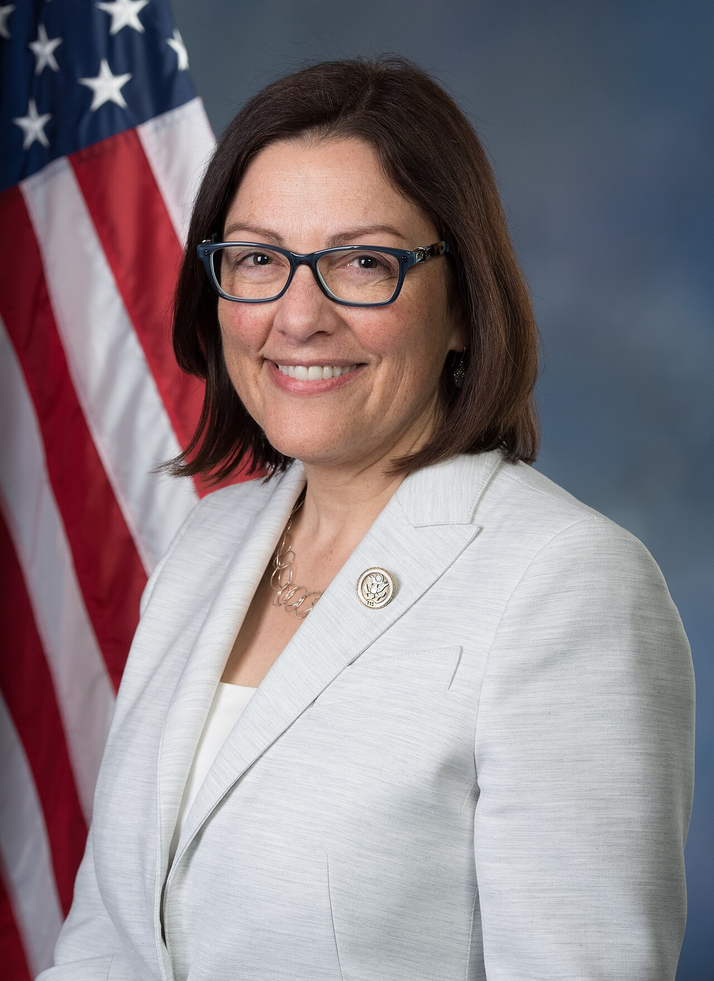
Co-Sponsor
-
TrackLizzie Fletcher

Co-Sponsor
-
TrackJennifer L. McClellan

Co-Sponsor
-
TrackMary Gay Scanlon

Co-Sponsor
-
TrackKim Schrier
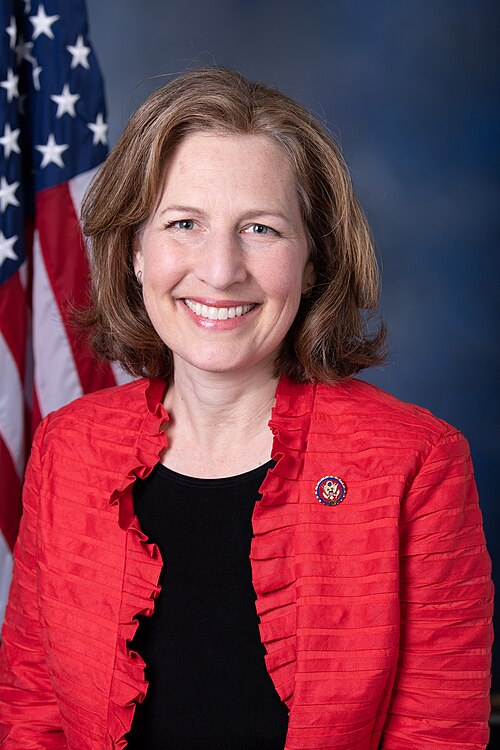
Co-Sponsor
-
TrackMarilyn Strickland
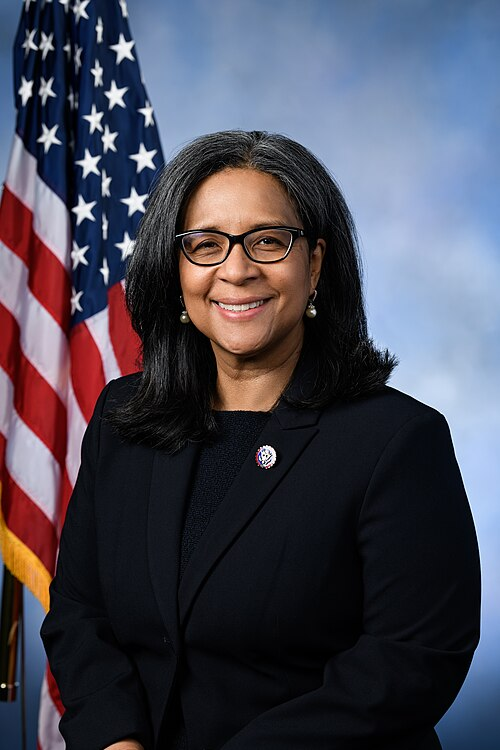
Co-Sponsor
-
TrackLori Trahan
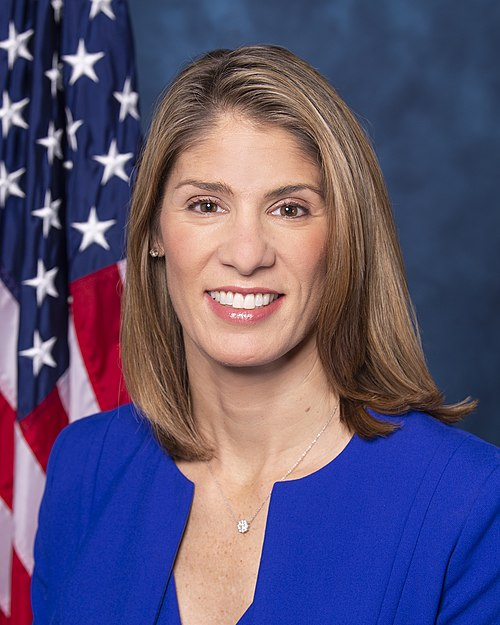
Co-Sponsor
-
TrackBonnie Watson Coleman

Co-Sponsor
-
TrackNikema Williams
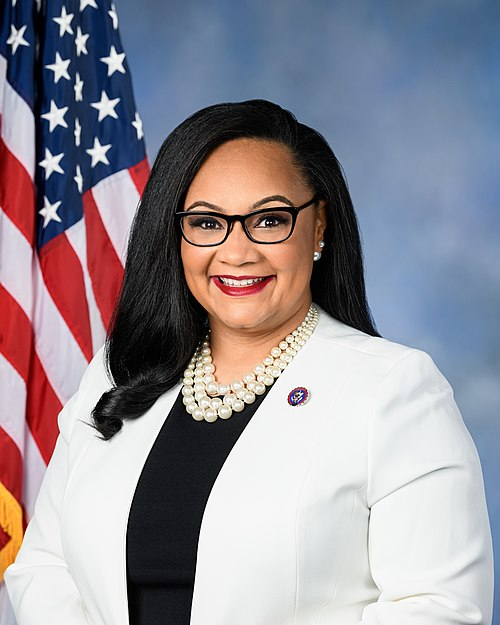
Co-Sponsor
Actions
2 actions
| Date | Action |
|---|---|
| Jul. 17, 2025 | Introduced in House |
| Jul. 17, 2025 | Referred to the House Committee on Energy and Commerce. |
Corporate Lobbying
0 companies lobbying
None found.
* Note that there can be significant delays in lobbying disclosures, and our data may be incomplete.
Potentially Relevant Congressional Stock Trades
No relevant congressional stock trades found.